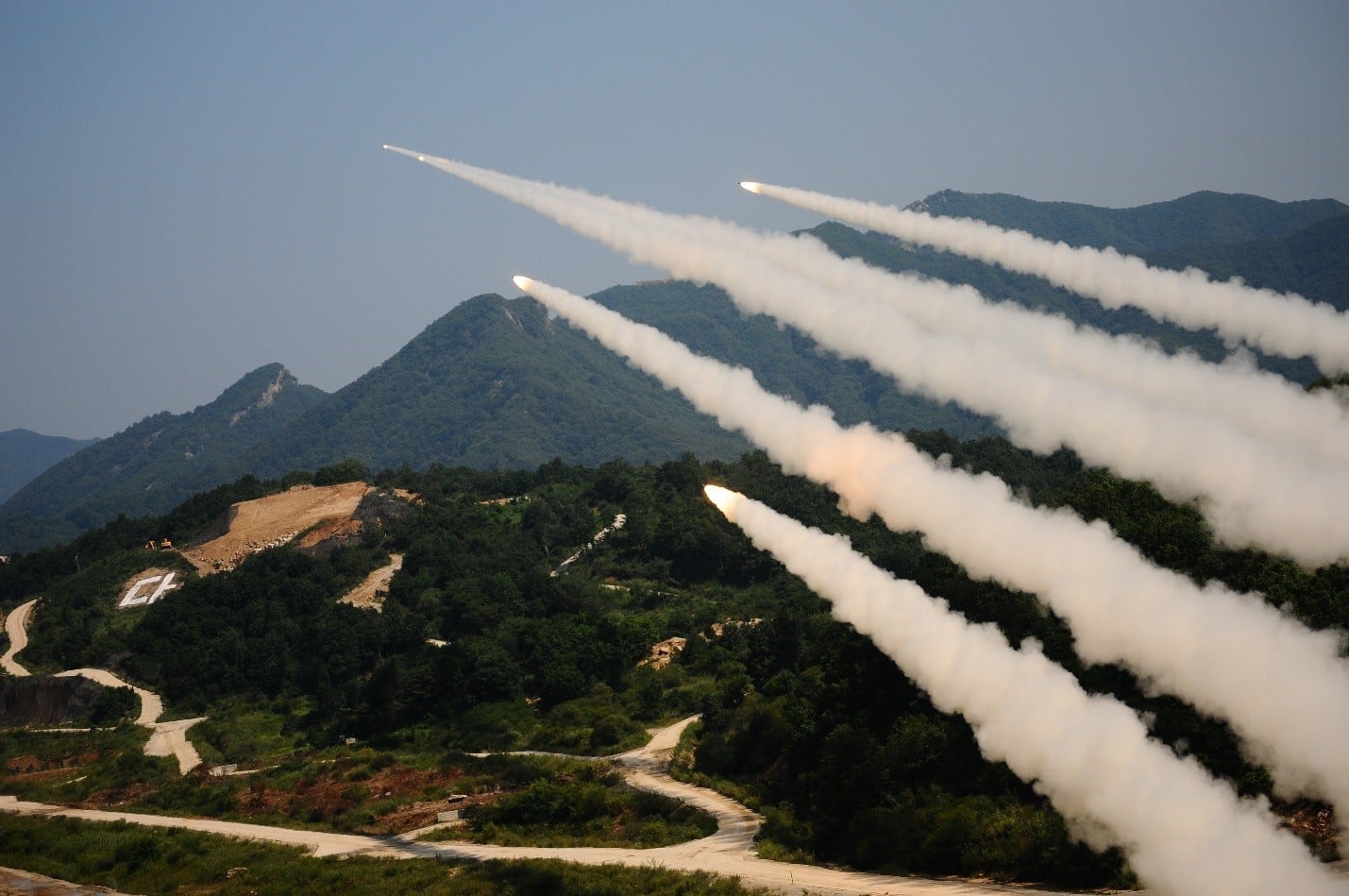“We know very well: today, Georgia; tomorrow, Ukraine; the day after tomorrow, the Baltic states; and then perhaps the time will come for my country, Poland.”
It has been 14 years since the landmark speech delivered in Tbilisi by the late President Lech Kaczyński. At the time, the Polish head of state, along with several other leaders of Central and Eastern European countries, visited the Georgian capital to demonstrate solidarity in the face of Russia’s invasion in 2008.
Those words were never meant to be a prophecy; it was a thorough assessment of the situation underpinned by painstaking analysis of Russia’s actions from the sobering perspective of an eyewitness in a challenging neighborhood. The 2014 annexation of Crimea, yet another unnerving event, regrettably did not alter the international community’s general approach toward Vladimir Putin’s regime.
Today, Russia’s unprovoked and unjustified military attack on Ukraine leaves no ambiguity as to the real intent of the Kremlin and its modus operandi in international relations. Russian aggression was met with a prompt, though not unanimous, response of the international community. Still, the collective reaction has been very encouraging across many fields.
Poland has confirmed its long-standing solidarity with Ukraine from the very beginning of the conflict. The nationwide response has encompassed both humanitarian aid and safe haven for millions of refugees. The Polish government has been also providing substantial military support, including armaments, maintenance and training. Our territory has become a hub for humanitarian and military aid delivered to Ukraine from across the world.
It is the right time to increase and harmonize Ukraine-related initiatives. Our neighbor should be fully enabled not only to resist invasion but also to succeed in its efforts to restore its territorial integrity. The “too cautious” approach to military assistance may cause unnecessary and undesired prolongation of the conflict.
Ukrainians have already proved their abilities on the battlefield. We cannot stop short of what is needed for Ukraine to prevail. Ukrainian soldiers pay the highest price guarding not only their homeland but also the very values we are all committed to. This is why we will continue to provide political and practical support to Ukraine as it continues to defend itself and call on others to do the same.
The war in Ukraine, in NATO’s immediate neighborhood, preceded by a hostile, state-orchestrated migration crisis on the Polish-Belarusian border, has clearly demonstrated that the security of the eastern flank is of crucial importance to the stability of the entire alliance and the European Union.
RELATED

Therefore, as a reliable ally, we continue enhancing our military capabilities, at times even exceeding NATO guidelines. In April 2022, Poland introduced the Homeland Defence Act, which provides the mechanisms assuring efficient financing and flexibility in defense expenditures. We are determined to reach the threshold of 3% of Poland’s gross domestic product for defense spending as soon as next year.
This new law is aimed at strengthening the Polish armed forces in terms of quality and quantity. Our ambition is to ultimately increase the strength of our armed forces to 300,000 personnel. To that end, we will shortly establish the first of two additional mechanized divisions, set to be deployed in our eastern regions. We embarked on an ambitious armed forces modernization plan. Our acquisition programs include, among others, the newest-generation fighter jets, tanks, attack helicopters, air and missile defense systems, and artillery capabilities.
We are committed to swift implementation of all decisions taken at the NATO Summit in Madrid. We applaud the historic choice made by Sweden and Finland to join the alliance. The strengthening of deterrence and defense posture should leave no doubt that NATO is capable, ready and will fulfill its obligations under Article 5 of the Washington Treaty.
Our efforts should go beyond bilateral arrangements among allies and instead be inclusive of substantial and persistent presence across all domains on the eastern flank. In this context, the decision to maintain a permanent U.S. military presence in Poland is a step in the right direction.
The direct threat stemming from Russia, but also from subservient Belarus, calls for commensurate measures. We have to be ready to react to any contingency at short or no notice. We have to be credible both in our declarations and in our actions.
Unwavering support for the independence, sovereignty and territorial integrity of Ukraine, along with a comprehensive approach to strengthening our defense and security posture, will remain focal points of our efforts in the months to come.
Mariusz Błaszczak is Poland’s defense minister.







